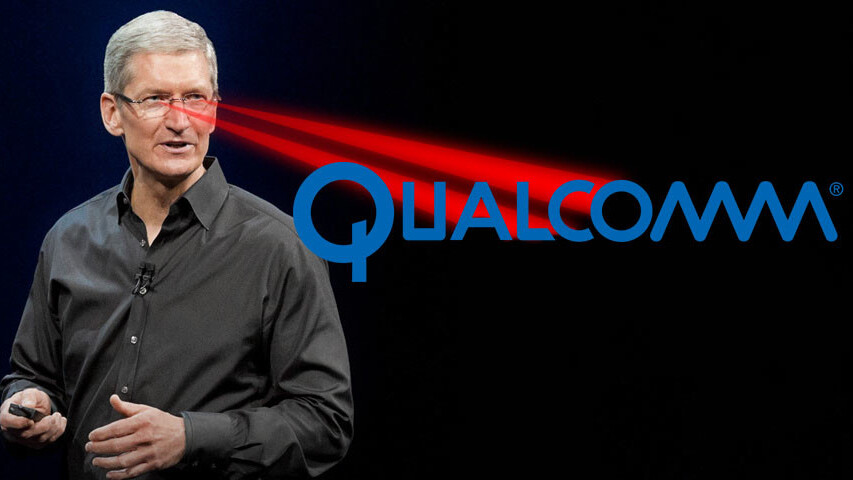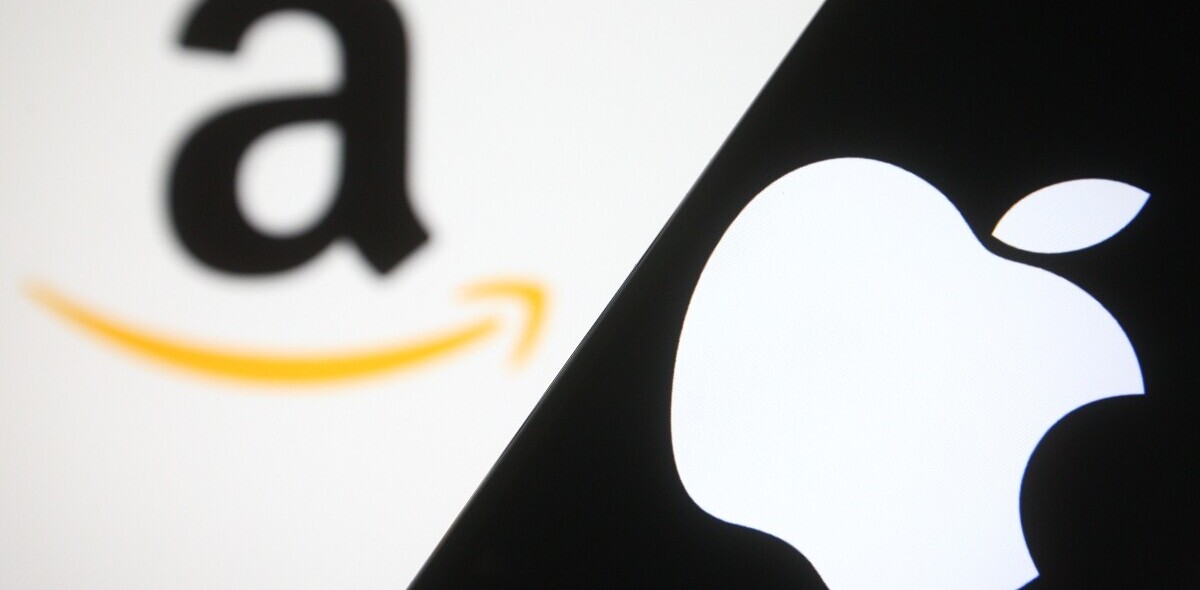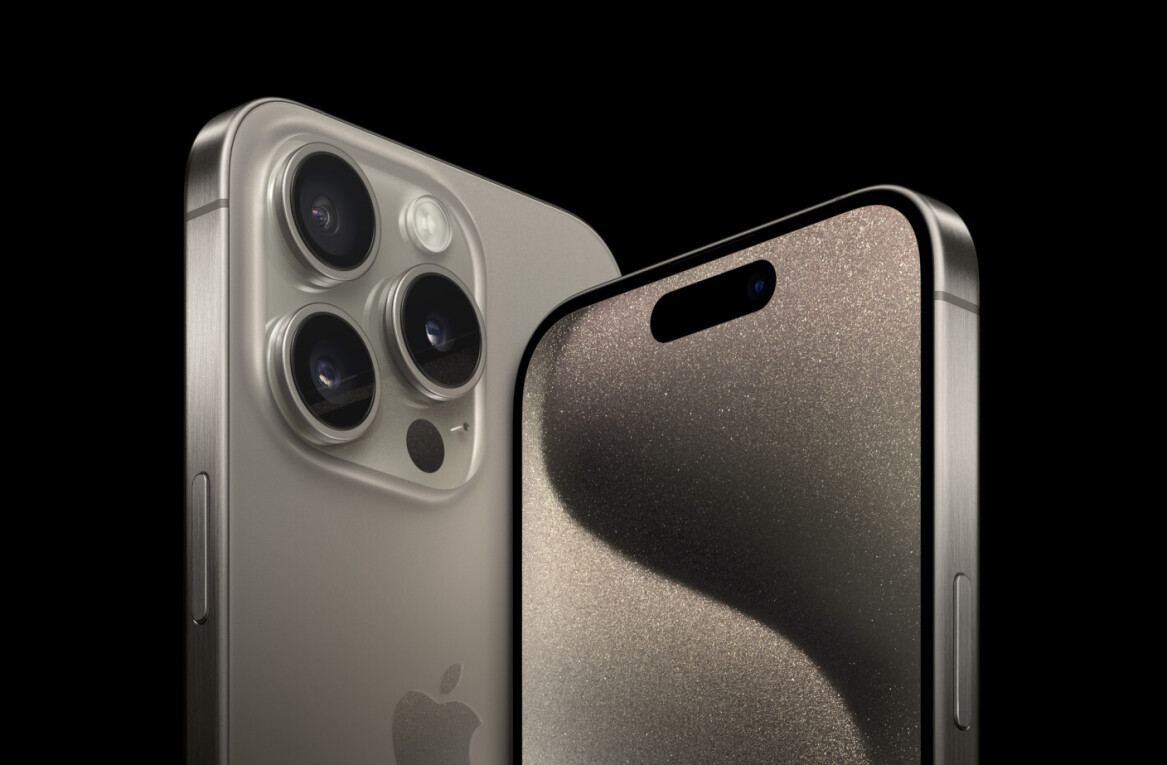
Apple is onto its next big legal feud: Qualcomm.
The company today filed a $1 billion lawsuit against giant the chipmaker, according to CNBC. The lawsuit claims that Qualcomm withheld payments from Apple for licensing some of its patented technology in exchange for using its wireless modems.
The Apple suit comes right after a similar one by the Federal Trade Commission claiming Qualcomm was using monopoly tactics.
Though Qualcomm is best known for its Snapdragon chips that dominate the Android market, the suit mainly deals with Qualcomm’s wireless modems and intellectual property.
According to The Verge, The FTC suit suggests Qualcomm was forcing companies into using its modems by charging them a higher licensing fee for their patents if they went with a competitor’s product. That, in effect, makes competitor products more expensive than they are.
Qualcomm, for its part, denied the FTC suit, saying it was based on “significant misconceptions about the mobile technology industry.”
Apple apparently made an exclusivity deal with Qualcomm to avoid some of its high patent fees, which is why it’s only now iPhones have begun using Intel modems. The suit alleges that Qualcomm was vastly overcharging compared to other licensors:
Despite being just one of over a dozen companies who contributed to basic cellular standards, Qualcomm insists on charging Apple at least five times more in payments than all the other cellular patent licensors we have agreements with combined.
Apple then alleges Qualcomm withheld nearly $1 billion in payments to retaliate against Apple responding to law enforcement agencies that were investigating it. The company was recently fined $853 million in South Korea, which is likely the investigation Apple is referring to.
Here’s Apple’s full statement:
“For many years Qualcomm has unfairly insisted on charging royalties for technologies they have nothing to do with. The more Apple innovates with unique features such as TouchID, advanced displays, and cameras, to name just a few, the more money Qualcomm collects for no reason and the more expensive it becomes for Apple to fund these innovations. Qualcomm built its business on older, legacy, standards but reinforces its dominance through exclusionary tactics and excessive royalties. Despite being just one of over a dozen companies who contributed to basic cellular standards, Qualcomm insists on charging Apple at least five times more in payments than all the other cellular patent licensors we have agreements with combined.
To protect this business scheme Qualcomm has taken increasingly radical steps, most recently withholding nearly $1B in payments from Apple as retaliation for responding truthfully to law enforcement agencies investigating them.
Apple believes deeply in innovation and we have always been willing to pay fair and reasonable rates for patents we use. We are extremely disappointed in the way Qualcomm is conducting its business with us and unfortunately after years of disagreement over what constitutes a fair and reasonable royalty we have no choice left but to turn to the courts.”
Via The Verge
Get the TNW newsletter
Get the most important tech news in your inbox each week.




